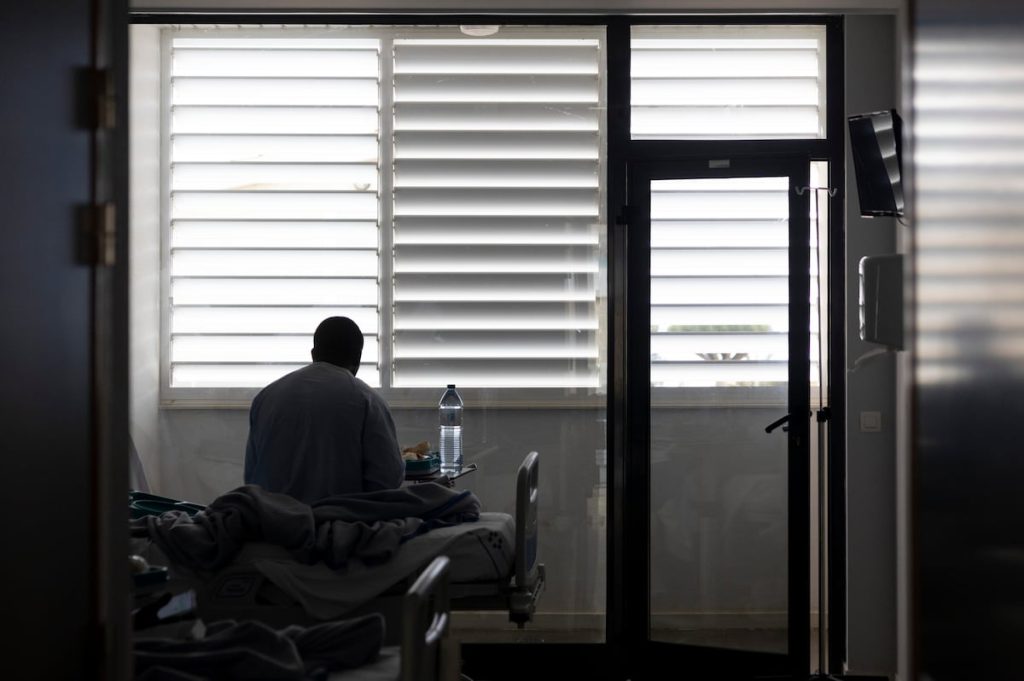This text highlights the numerous tragedies that arise from the war in Mali, the military dictatorship in Guinea-Conakri, and the lack of opportunities in Senegal. Many stories end anonymously at the bottom of the Atlantic Ocean, while others showcase the serious health consequences of boarding a cayuco. The third smallest general hospital in Spain, the Hospital Insular Nuestra Señora de los Reyes, located on the island of El Hierro, has been working tirelessly to treat migrants who arrive on the shores of the island. Despite its limited resources, the hospital has managed to attend to thousands of migrants who have survived perilous journeys across the sea.
The hospital’s medical coordinator, Manuel Gálvez, received a call in the early hours of the morning reporting a capsized cayuco. Despite the efforts of the medical staff and the authorities, only 27 survivors were rescued. The emotional toll of such tragic events is evident in the stories of migrants, such as a young boy who witnessed the drowning of his siblings and arrived at the hospital with physical and emotional pain. Inmaculada Mora, who speaks English and French, plays a crucial role in communicating with migrants and understanding their stories.
The influx of migrants has significantly impacted the daily operations of the hospital and its staff. The medical team now works around the clock, often forgoing scheduled breaks to attend to the increased workload. The hospital has had to adapt to accommodate the growing number of migrants, setting up makeshift beds in the auditorium and providing emergency care in the lobby. The hospital staff have been working tirelessly to address the numerous health issues that migrants face after enduring long and treacherous journeys on overcrowded boats.
The stories of individual migrants, such as a young man who was tied up during his journey and now suffers from neurological damage, highlight the harrowing experiences that many face during their journeys. The medical team has encountered a wide range of medical conditions, from dehydration and hypothermia to severe injuries and infections. The emotional impact of treating these patients and witnessing their suffering has taken a toll on the medical staff, who are dedicated to providing the best care possible under challenging circumstances.
The hospital staff’s experiences of treating migrants go beyond medical care, as they also play a critical role in facilitating communication between migrants and their families. The tragic death of a young girl who was part of a group that arrived on a boat from Senegal underscores the challenges and complexities of providing medical assistance to migrants. Despite the hardships and obstacles they face, both the medical staff and the migrants themselves remain resilient, seeking freedom and a better life despite the hardships they have endured.















